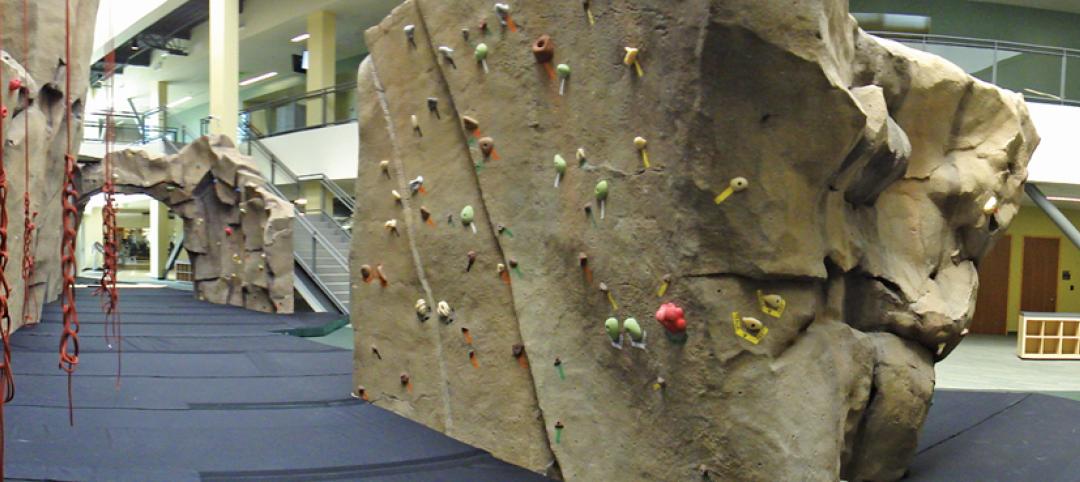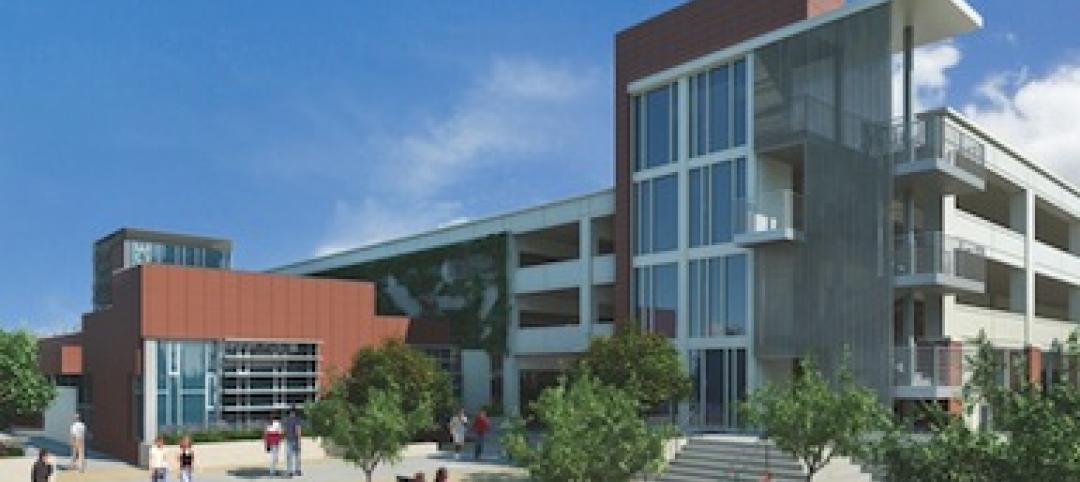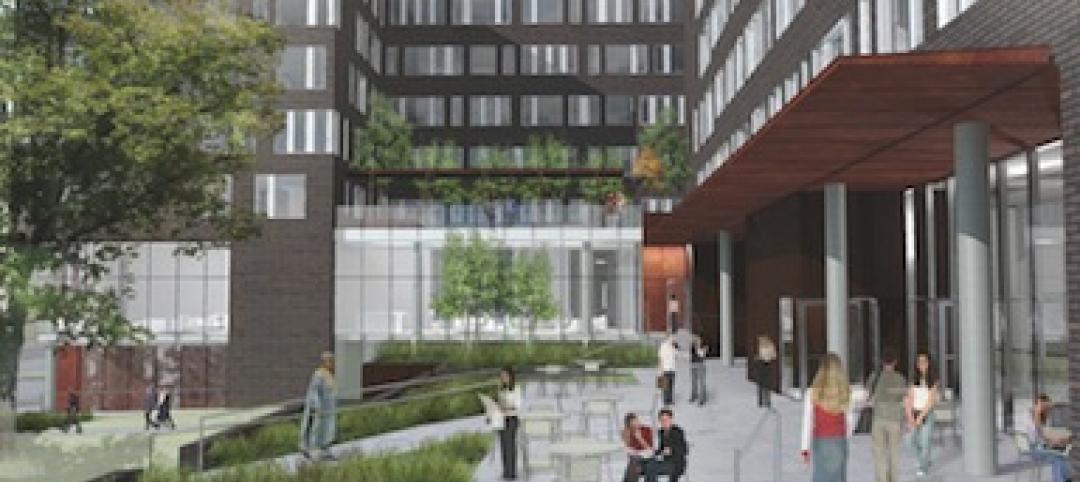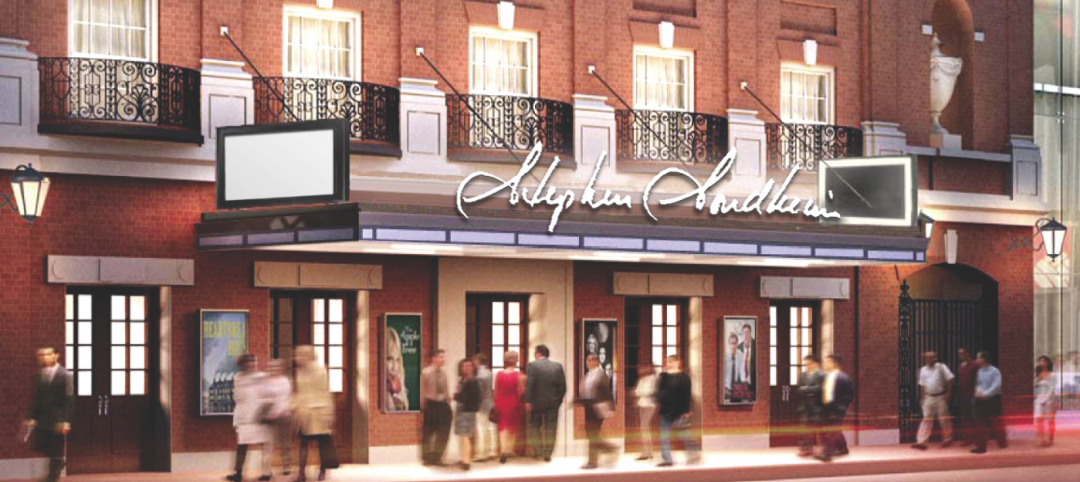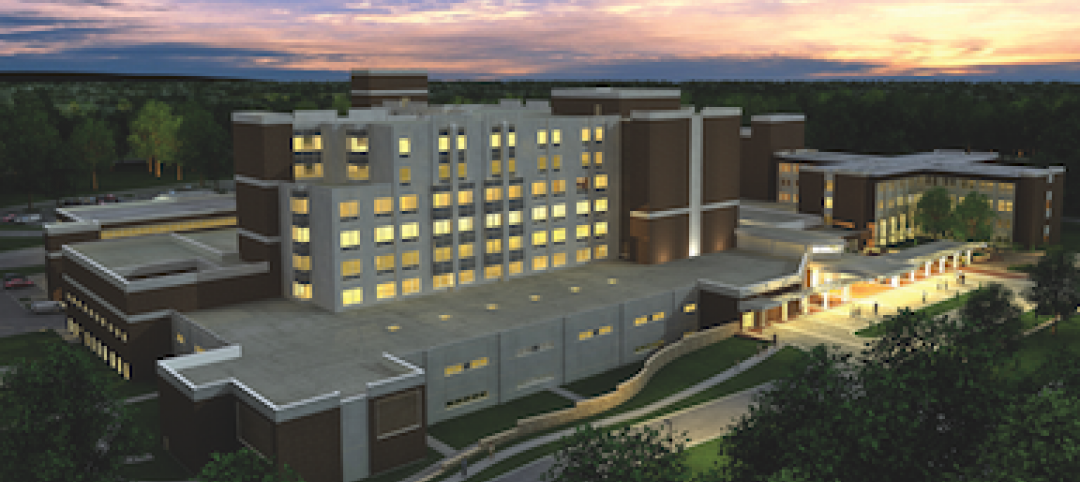U.S. construction firms on average paid more for their insurance in the first half of 2013 as underwriters continue to seek price increases across the breadth of their contractor portfolios, according to a report published by Marsh.
Pricing for contractors general liability, project-specific general liability, umbrella and excess liability, workers’ compensation, and residential construction insurance was up between 3% and 7% on average during the first half of the year, according to Marsh’s Construction Market Update—First Half 2013. Construction firms with poor loss histories were more likely in general to have seen double-digit rate increases.
Pricing for non-residential construction, and contractors and architects and engineers professional liability insurance also was up on average during the first half of the year, but to a lesser degree.
“US construction firms are grappling with a firming insurance market, especially when it comes to liability insurance where underwriters continue to tighten coverage terms and seek rate increases to make up for reduced investment income,” said Michael Anderson, leader of Marsh’s US Construction Practice. “With a zero interest rate environment, there is no cushion against a poor underwriting decision.”
According to Marsh’s report, not all construction lines are experiencing rate increases. Premium rates for builders risk insurance generally remained flat during the first half of the year despite more demand for coverage. Similarly, contractors pollution liability rates remained generally flat to down 5%.
“While underwriters are attempting to gain rate increases, the market is awash in capital and new entrants are helping to maintain competition. The good news for well-managed construction firms is they can still generally find competitive pricing and terms,” Mr. Anderson said.
About Marsh
Marsh, a global leader in insurance broking and risk management, teams with its clients to define, design, and deliver innovative industry-specific solutions that help them protect their future and thrive. It has approximately 26,000 colleagues who collaborate to provide advice and transactional capabilities to clients in over 100 countries. Marsh is a wholly owned subsidiary of Marsh & McLennan Companies (NYSE: MMC), a global team of professional services companies offering clients advice and solutions in the areas of risk, strategy and human capital. With over 53,000 employees worldwide and annual revenue exceeding $11 billion, Marsh & McLennan Companies is also the parent company of Guy Carpenter, a global leader in providing risk and reinsurance intermediary services; Mercer, a global leader in talent, health, retirement, and investment consulting; and Oliver Wyman, a global leader in management consulting. Follow Marsh on Twitter @Marsh_Inc.
Related Stories
| Sep 21, 2010
New BOMA-Kingsley Report Shows Compression in Utilities and Total Operating Expenses
A new report from the Building Owners and Managers Association (BOMA) International and Kingsley Associates shows that property professionals are trimming building operating expenses to stay competitive in today’s challenging marketplace. The report, which analyzes data from BOMA International’s 2010 Experience Exchange Report® (EER), revealed a $0.09 (1.1 percent) decrease in total operating expenses for U.S. private-sector buildings during 2009.
| Sep 21, 2010
Forecast: Existing buildings to earn 50% of green building certifications
A new report from Pike Research forecasts that by 2020, nearly half the green building certifications will be for existing buildings—accounting for 25 billion sf. The study, “Green Building Certification Programs,” analyzed current market and regulatory conditions related to green building certification programs, and found that green building remain robust during the recession and that certifications for existing buildings are an increasing area of focus.
| Sep 21, 2010
Middough Inc. Celebrates its 60th Anniversary
Middough Inc., a top ranking U.S. architectural, engineering and management services company, announces the celebration of its 60th anniversary, says President and CEO, Ronald R. Ledin, PE.
| Sep 16, 2010
Green recreation/wellness center targets physical, environmental health
The 151,000-sf recreation and wellness center at California State University’s Sacramento campus, called the WELL (for “wellness, education, leisure, lifestyle”), has a fitness center, café, indoor track, gymnasium, racquetball courts, educational and counseling space, the largest rock climbing wall in the CSU system.
| Sep 13, 2010
Community college police, parking structure targets LEED Platinum
The San Diego Community College District's $1.555 billion construction program continues with groundbreaking for a 6,000-sf police substation and an 828-space, four-story parking structure at San Diego Miramar College.
| Sep 13, 2010
Campus housing fosters community connection
A 600,000-sf complex on the University of Washington's Seattle campus will include four residence halls for 1,650 students and a 100-seat cafe, 8,000-sf grocery store, and conference center with 200-seat auditorium for both student and community use.
| Sep 13, 2010
Second Time Around
A Building Team preserves the historic facade of a Broadway theater en route to creating the first green playhouse on the Great White Way.
| Sep 13, 2010
Palos Community Hospital plans upgrades, expansion
A laboratory, pharmacy, critical care unit, perioperative services, and 192 new patient beds are part of Palos (Ill.) Community Hospital's 617,500-sf expansion and renovation.



